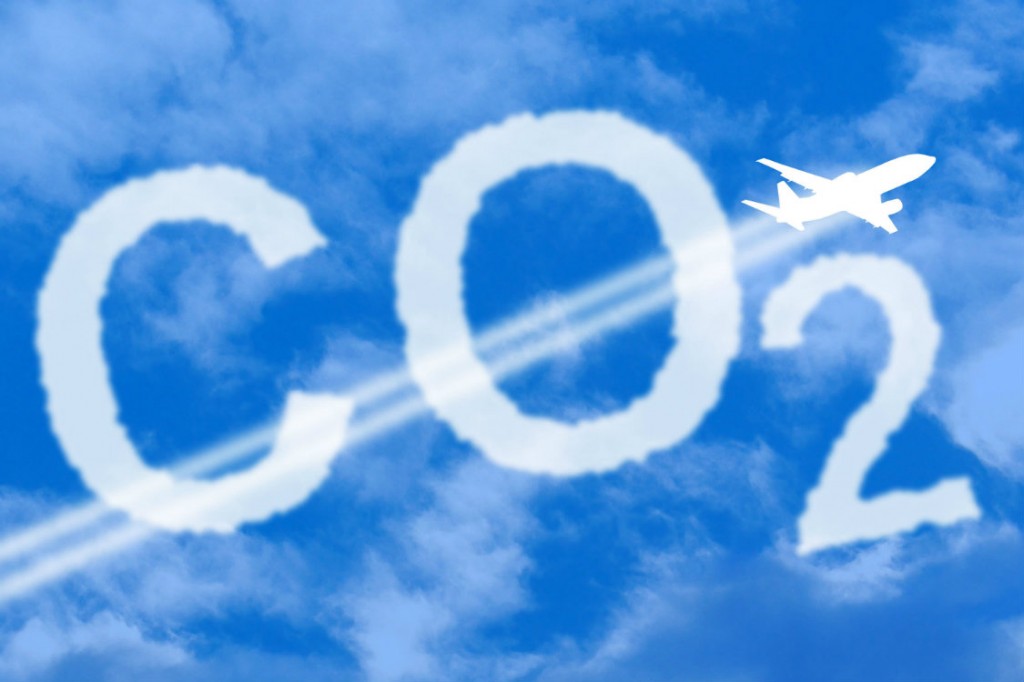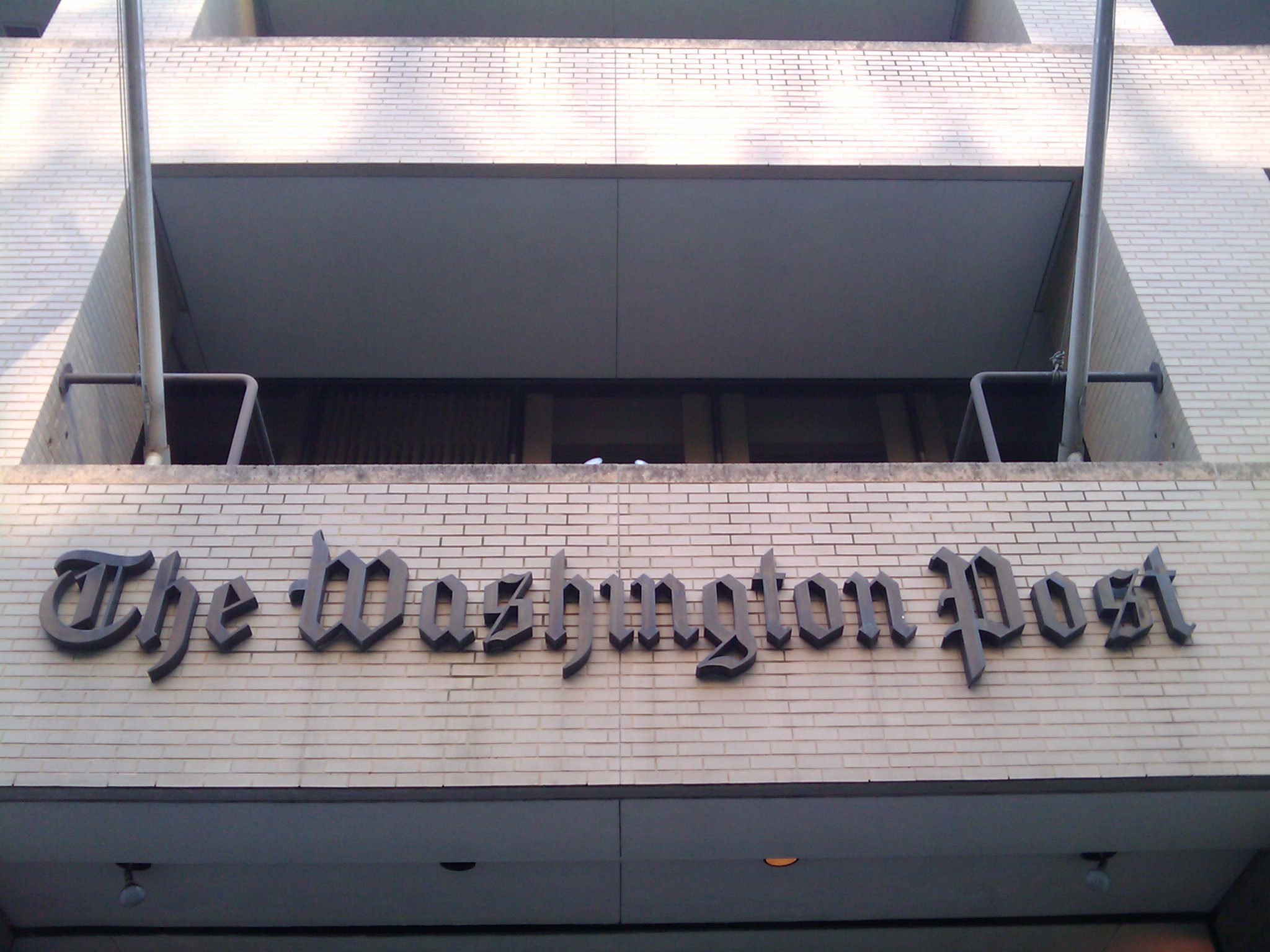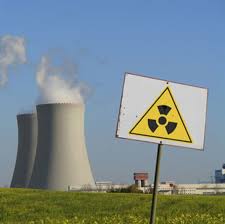Energy
Hot Take on the Endangerment Repeal
It’s a tweaked version of arguments that the Supreme Court rejected in 2007.
EPA’s argument for repealing the Endangerment Finding is basically a rehash of legal arguments that were rejected by the Supreme Court in 2007. These arguments haven’t improved with age. Notably, EPA doesn’t dare contest the science.
CONTINUE READINGThe Winners and Losers of Superbowl LX
The Seattle Seahawks came out on top at Sunday’s big game, but consumers and the environment joined the New England Patriots in the “losers” column.
Like millions of others around the world, I spent Sunday eating fried foods, drinking sugary beverages, and enjoying the company of my friends while watching the opposite of a nail-biter of a game. As a fan of the Seattle Seahawks and a hater of the New England Patriots, I’ll admit that I was delighted with …
Continue reading “The Winners and Losers of Superbowl LX”
CONTINUE READINGTrump Will Kill Climate Regulations, But How Exactly?
The Drain is a weekly roundup of environmental and climate news from Legal Planet.
The Environmental Protection Agency will officially revoke what’s known as the endangerment finding tomorrow and in so doing try to erase the basis for virtually all that agency’s regulations cutting greenhouse gases. It’s not really a surprise — we’ve been waiting for this announcement for a year. But seeing the agency’s precise justification will help …
Continue reading “Trump Will Kill Climate Regulations, But How Exactly?”
CONTINUE READINGState Blacklists of Companies with Sustainability Policies Take a Constitutional Hit
A federal district court just struck down a Texas law blacklisting companies that oppose fossil fuels.
Four or five years ago, a half-dozen states passed laws that blacklist companies opposing fossil fuels. Texas was the most prominent of those states. These laws have pressured companies, especially big financial companies, to invest in fossil fuels. A federal district judge has struck down the Texas law as a violation of due process and the First Amendment. The court’s ruling is a welcome development and long overdue. Texas has been on a campaign to punish anyone who dares oppose the use of fossil fuels. It’s good to see that campaign hit a constitutional wall.
Trump Tried to Kill Renewables. He Failed.
Despite assaults by Trump and his Congress, renewables are still growing.
Trump has done everything within his power to bless the US with more air pollution and carbon emissions from fossil fuels. Congress did its part, rolling back billions in spending and set accelerated phaseouts for tax credits. Yet renewable energy hasn’t died. It hasn’t even slowed down all that much.
Here are the numbers. Solar alone accounted for almost three-fourths of new generation capacity in Trump’s first ten months, and wind added another 13%, for 87% total. And this year should also be strong.
CONTINUE READINGA Lot Fewer Climate Reporters at the Washington Post
The Drain is a weekly roundup of environmental and climate news from Legal Planet.
I cancelled my subscription to the Washington Post earlier this week. Not to protest billionaire owner Jeff Bezos or anything. Just because I felt like I wasn’t getting all that much for my $3 a week, and it was time to downsize my media subscriptions. I had signed up for the WaPo a couple years …
Continue reading “A Lot Fewer Climate Reporters at the Washington Post”
CONTINUE READINGNew Trump Nuclear Reactor Policy: “Trust Us”
The Administration is eliminating safeguards and courting greater skepticism about nuclear safety
The Trump Administration is quietly dismantling safeguards for nuclear power. I’m neutral. But not if it’s being built with a “safety last” policy. Trump’s Department of Energy wants us to trust them to protect the public. But blind trust for federal agencies is in scarce supply these days. Trying to sneak through regulatory changes may speed things up in the short run but is likely to cause delays later. We know that the changes will be made by political appointees, with experts relegated to minor roles. This will build a legacy of distrust.
CONTINUE READINGKeeping Coal on Life Support
Trump is doing everything he can to boost coal. And still, the industry is on life support.
The good news for investors is that coal is behaving like much of the non-AI stock market this year. Yet this growth is taking place on a very low baseline, which had slumped well below from Great Recession levels. If investors are to be believed, Trump may be able to keep the coal industry on life support. But it’s still in the ICU.
CONTINUE READINGMaintaining California’s Environmental Leadership
California’s 2026 Gubernatorial Race
California will elect a new governor in 2026. The primary is June 2 and the top two candidates will face off on November 3. If you are in California, make sure you are registered to vote! This election comes as a pivotal time for California’s environmental leadership. California’s next governor must be ready to step …
Continue reading “Maintaining California’s Environmental Leadership”
CONTINUE READINGMilestones in State Climate Policy
The first efforts to clean up the grid date back forty years, but state climate policy really got moving at the turn of the century.
The federal government’s interventions in climate policy have been erratic, driven by political polarization and alternating control of the White House. In contrast, state governments have engaged in steady campaigns to reduce carbon emissions. Some people seem to think this has been a recent innovation, but it has now been ongoing for a generation. Here are some the key milestone along the way, closing with Trump’s pledge to bulldoze state policies that don’t fall in line with his priorities.
CONTINUE READING













